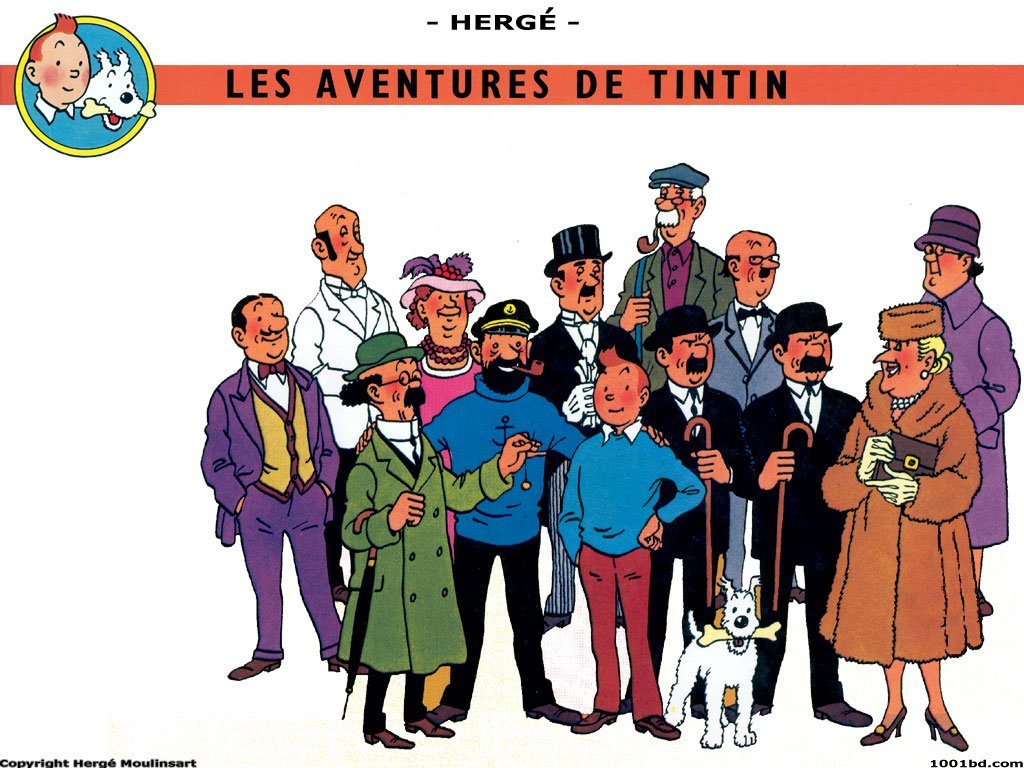Reading Tintin and Asterix were some of the delightful experiences as a kid. It was thanks to Asterix I first had to look up the word "druid" and with Tintin I roamed all over the planet. The soprano hitting the high notes and shattering glass, Captain Haddock cursing "blistering barnacles" .... what simple and priceless pleasures they were!
I agree with the following comments in a review of two books on Tintin's creator, Hergé, whose real name was Georges Remi:
Hergé’s characters never age, of course. Their clothing and their speech belong to the early twentieth century, but the exact year and the progression of time always remain opaque. And Tintin is always focused on the mystery at hand; he is never held back by fears or experiences or anything else with a past. Most crucially, at the end of each adventure, the protagonists return to their original state. Nothing, in Tintin’s world, ever goes so wrong that it cannot be fixed. Even The Shooting Star(1941), a story shadowed through most of its pages by the threat of apocalypse, concludes with Tintin and his friends coming home safe, sound, and victorious.
This sense of being outside of time, which Hergé worked so hard to create, is one of the deep springs of Tintin’s popularity. Children, who have a similar sense of existing outside of normal adult time, identify with it. For them, as for Tintin, what matters are the attachments and attractions that surround them here and now. And though I no longer think like that, Hergé’s work is so skilful that when I read Tintin today, I slip back into his timeless world.I want to read one. Right now ... (ht)
Hey, you want to get me a gift? Get me the entire Tintin collection .... :)

No comments:
Post a Comment